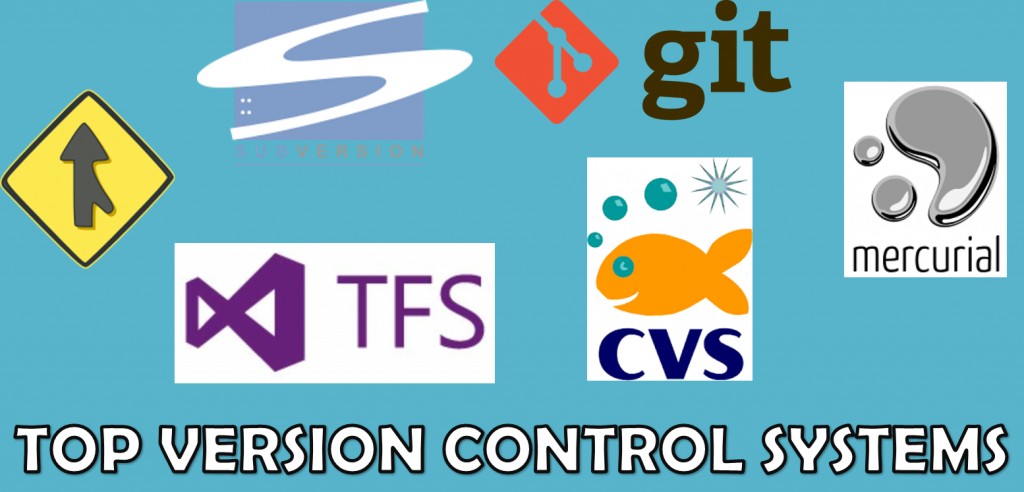
Introduction
Version Control Systems (VCS) are tools that help developers keep track of changes made to their code. It’s like having a time machine that allows you to go back in time and see what your code looked like at any point in the past.
Why are they important?
VCS are important because they allow developers to work on the same codebase without interfering with each other’s work. They also make it easy to collaborate with others and keep track of who made what changes.
How do they work?
VCS work by creating a repository that stores all the code and its history. When a developer makes changes to the code, they create a new version of the code and add it to the repository. The VCS keeps track of all the changes made to the code and who made them.
Types of VCS
There are two main types of VCS: centralized and distributed. Centralized VCS have a single repository that all developers work on. Distributed VCS allow each developer to have their own copy of the repository and work on it independently.
Examples of VCS
Some popular VCS include Git, Subversion, and Mercurial. Git is the most widely used VCS and is used by companies like Google, Facebook, and Microsoft.
Conclusion
In conclusion, VCS are important tools for developers that allow them to keep track of changes made to their code and collaborate with others. There are different types of VCS and some popular examples include Git, Subversion, and Mercurial.